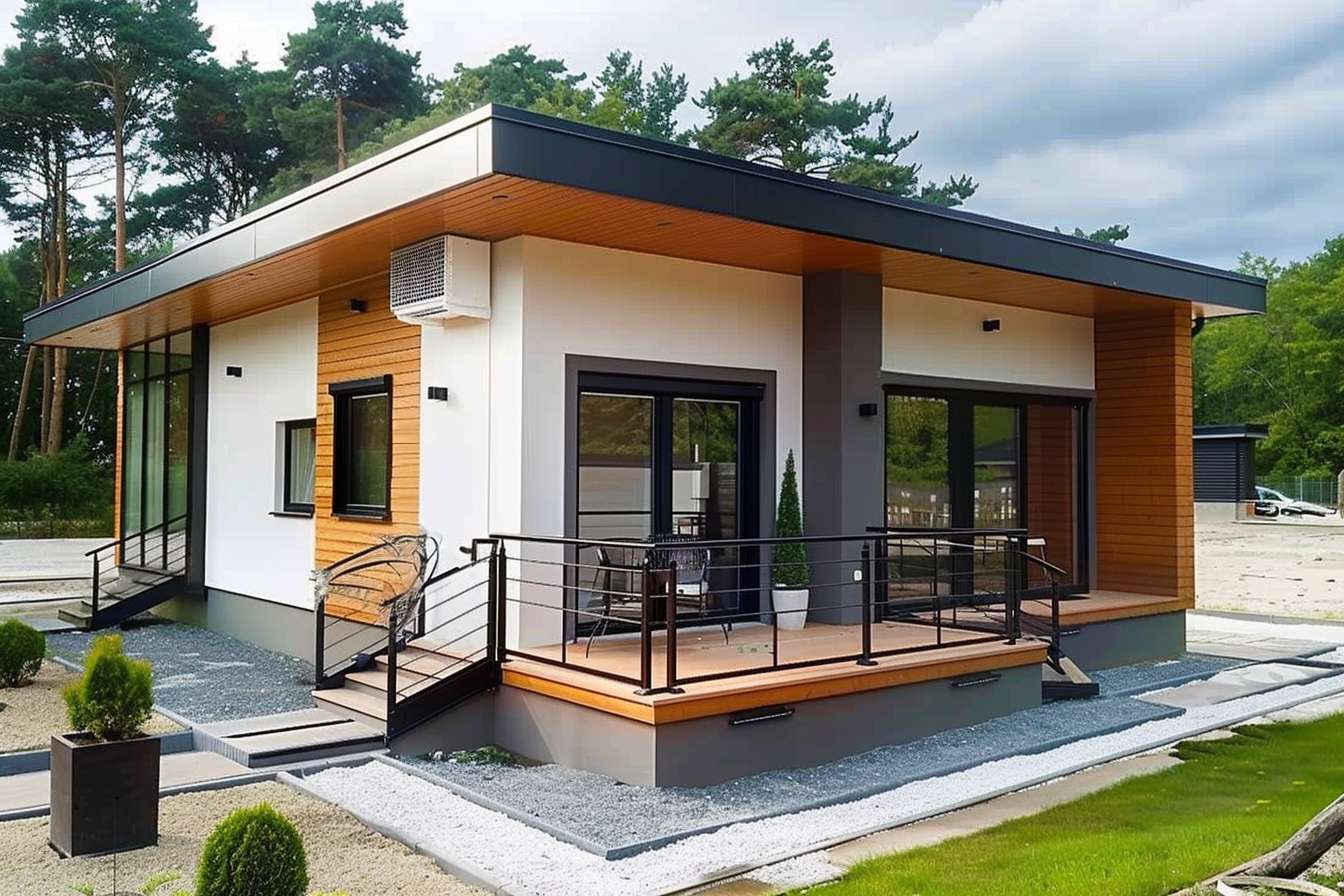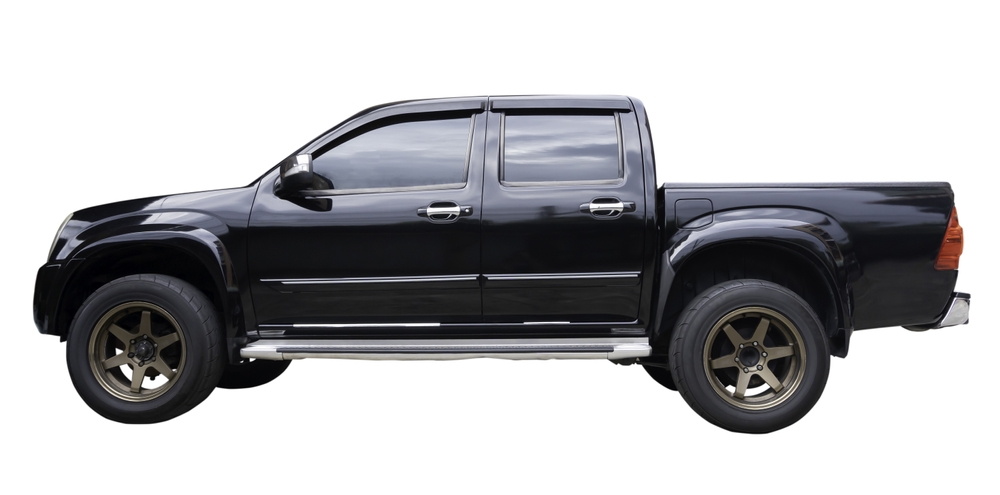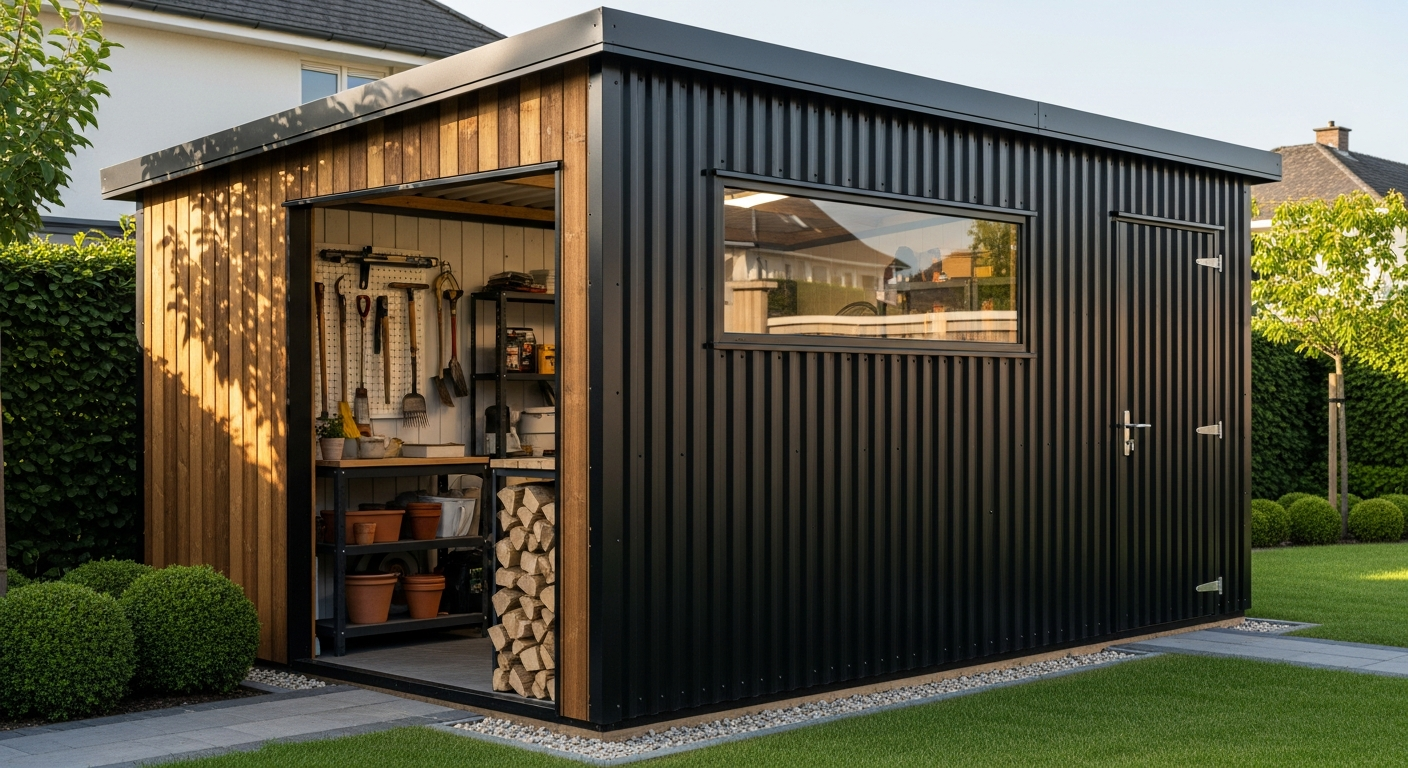Discover Comfortable Mini Prefabricated Homes for Seniors
Mini prefabricated homes are becoming an increasingly popular housing solution for seniors across Canada who seek comfortable, manageable living spaces without the maintenance demands of traditional homes. These compact, factory-built residences offer modern amenities, energy efficiency, and accessibility features specifically designed for aging in place, all while providing the independence many seniors value.

As Canada’s population ages, the demand for suitable housing options that cater to seniors’ unique needs continues to grow. Mini prefabricated homes represent an innovative solution that combines comfort, affordability, and practicality in a compact package designed specifically for older adults.
What Makes Affordable Prefab Homes with Pictures So Appealing
Affordable prefabricated homes offer numerous advantages over traditional construction methods. These factory-built structures typically cost 20-30% less than conventional homes while maintaining high quality standards. The controlled manufacturing environment ensures consistent construction quality, reduced waste, and faster completion times. Many manufacturers provide detailed photo galleries showcasing interior layouts, exterior designs, and customization options, helping seniors visualize their future living space before making decisions.
The streamlined construction process means these homes can be completed in weeks rather than months, making them ideal for seniors who need to relocate quickly or want to avoid lengthy construction disruptions. Additionally, the predictable pricing structure helps seniors budget more effectively for their housing transition.
Benefits of Compact Prefab Homes for Seniors
Compact prefabricated homes address many challenges seniors face in traditional housing. These smaller spaces reduce cleaning and maintenance responsibilities while incorporating universal design principles that support aging in place. Features like wider doorways, single-floor layouts, accessible bathrooms, and minimal stairs make daily living safer and more comfortable.
The compact nature of these homes also promotes energy efficiency, resulting in lower utility costs – a significant consideration for seniors on fixed incomes. Many models include modern insulation, energy-efficient windows, and appliances that further reduce monthly expenses while maintaining comfort year-round.
Understanding 60m² Prefabricated Homes Layout and Design
60-square-meter prefabricated homes maximize every inch of space through intelligent design and multi-functional areas. These homes typically feature open-concept living areas that combine kitchen, dining, and living spaces, creating a sense of spaciousness despite the compact footprint. Bedrooms are strategically positioned for privacy, while bathrooms incorporate accessibility features like walk-in showers and grab bars.
Storage solutions are integrated throughout the design, including built-in wardrobes, under-stair storage, and kitchen pantries. Many 60m² models also include outdoor living spaces like covered porches or small patios, extending the usable living area and providing connection to nature.
Cost Considerations and Real-World Pricing
Understanding the financial investment required for mini prefabricated homes helps seniors make informed decisions. Costs vary significantly based on location, customization level, and included features. Basic models typically start around CAD $80,000-$120,000, while fully customized units with premium finishes can reach CAD $200,000-$300,000.
| Home Type | Provider | Size | Cost Estimation (CAD) |
|---|---|---|---|
| Basic Mini Home | Mint Tiny House Company | 40-50m² | $85,000-$125,000 |
| Standard Prefab | ShelterMode | 55-65m² | $140,000-$180,000 |
| Premium Model | Karoleena Homes | 60-70m² | $200,000-$280,000 |
| Luxury Compact | Bonneville Homes | 50-60m² | $250,000-$350,000 |
Prices, rates, or cost estimates mentioned in this article are based on the latest available information but may change over time. Independent research is advised before making financial decisions.
Installation and Site Preparation Requirements
Successful installation of mini prefabricated homes requires proper site preparation and utility connections. Most manufacturers provide guidance on foundation requirements, which may include concrete slabs, crawl spaces, or basement foundations depending on local building codes and soil conditions.
Utility connections for electricity, water, and sewage must be planned and installed by qualified professionals. Internet and cable connections should also be considered during the planning phase. Many seniors choose locations within established communities or on family property to maintain social connections while enjoying independent living.
Long-term Benefits and Community Integration
Mini prefabricated homes offer long-term value through their durability, energy efficiency, and potential for customization as needs change. Many seniors find these homes integrate well into existing communities, whether placed on family property, in dedicated senior communities, or as part of innovative housing developments.
The smaller environmental footprint appeals to environmentally conscious seniors, while the reduced maintenance requirements allow more time for hobbies, travel, and social activities. As mobility needs change, these homes can be modified with ramps, stairlifts, or other accessibility features more easily than traditional homes.
Mini prefabricated homes represent a practical, comfortable housing solution for Canadian seniors seeking independence without the burdens of traditional homeownership. With careful planning and consideration of individual needs, these compact homes can provide years of comfortable, affordable living while supporting aging in place goals.




